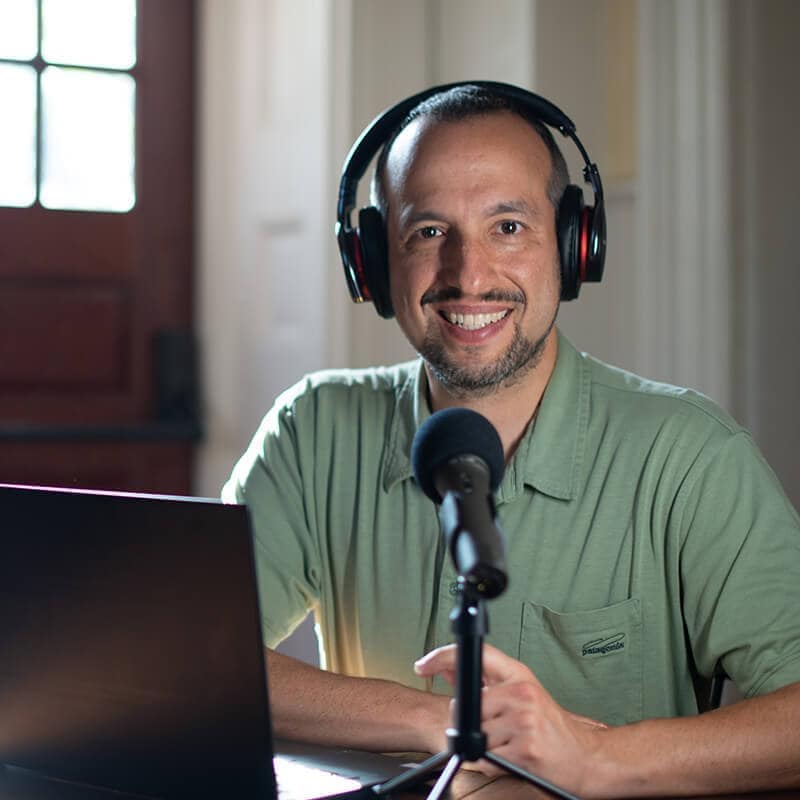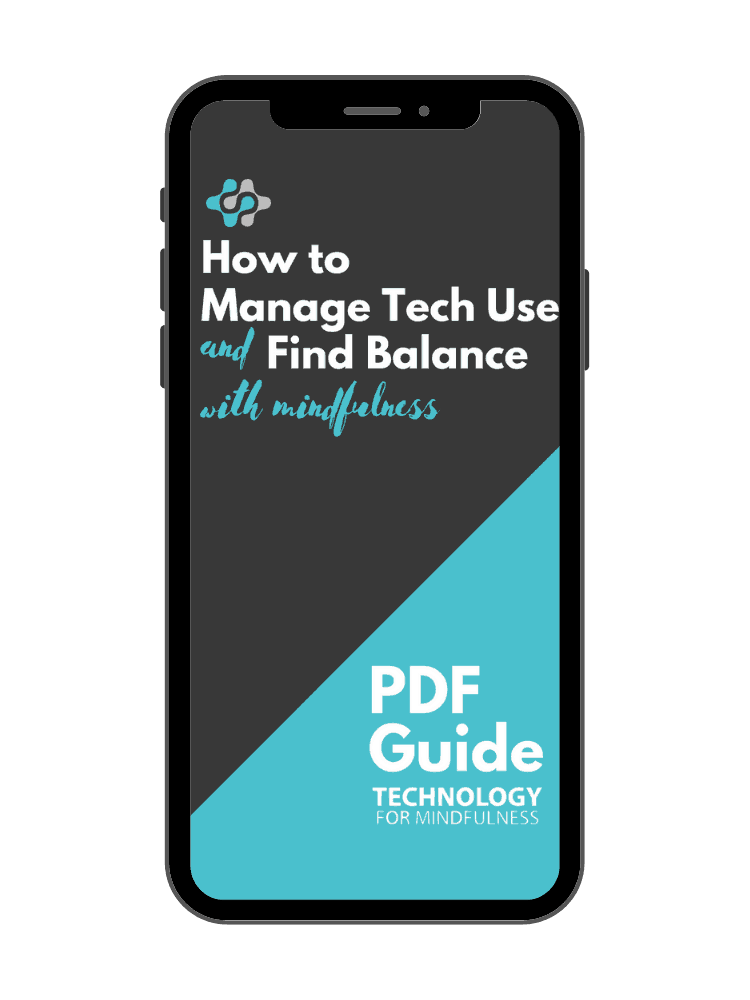For many of us, the holidays are a time when we spend precious connected moments with our loved ones. We may also engage in sacred rituals associated with these holidays.
Take Note of How You Feel
Find a Compromise

